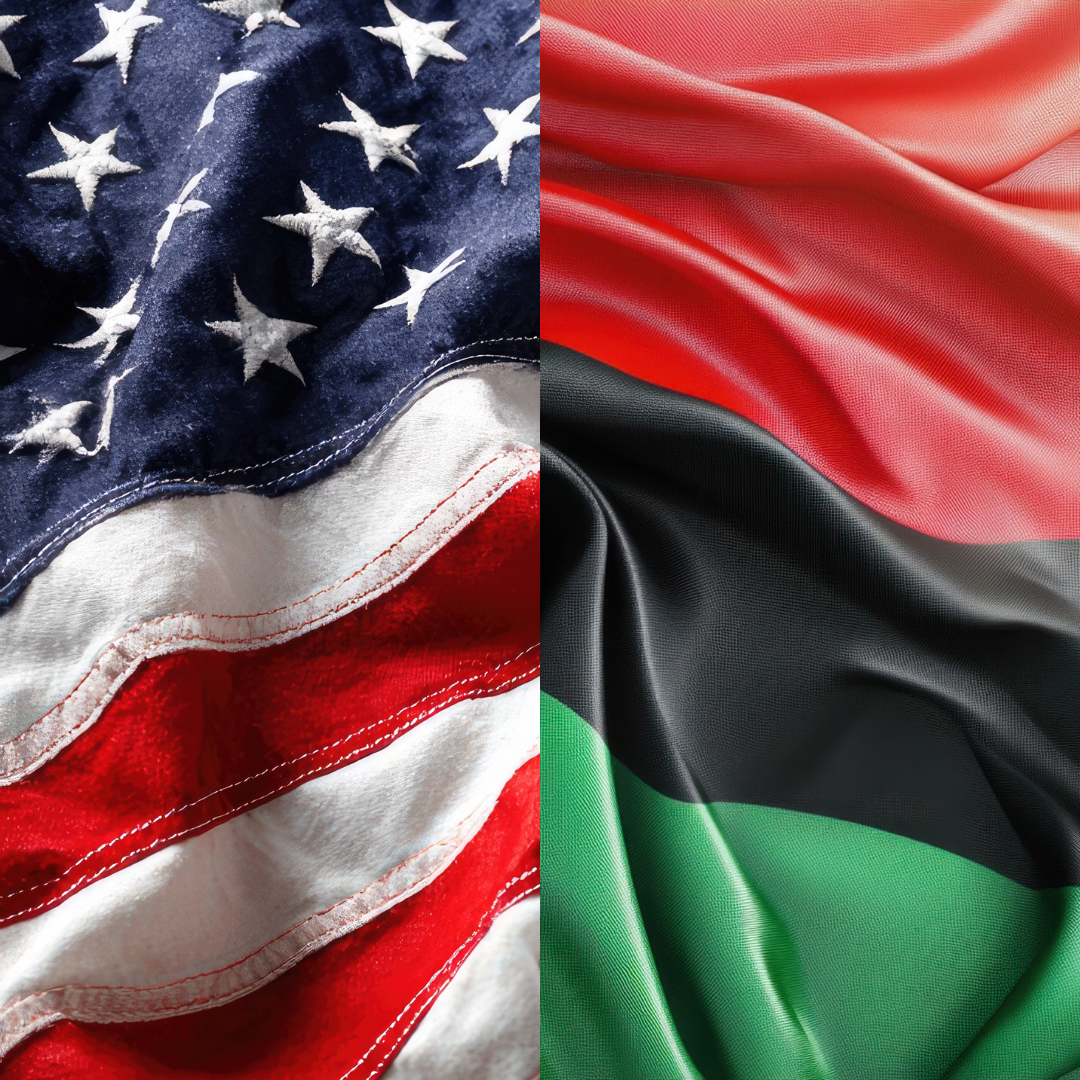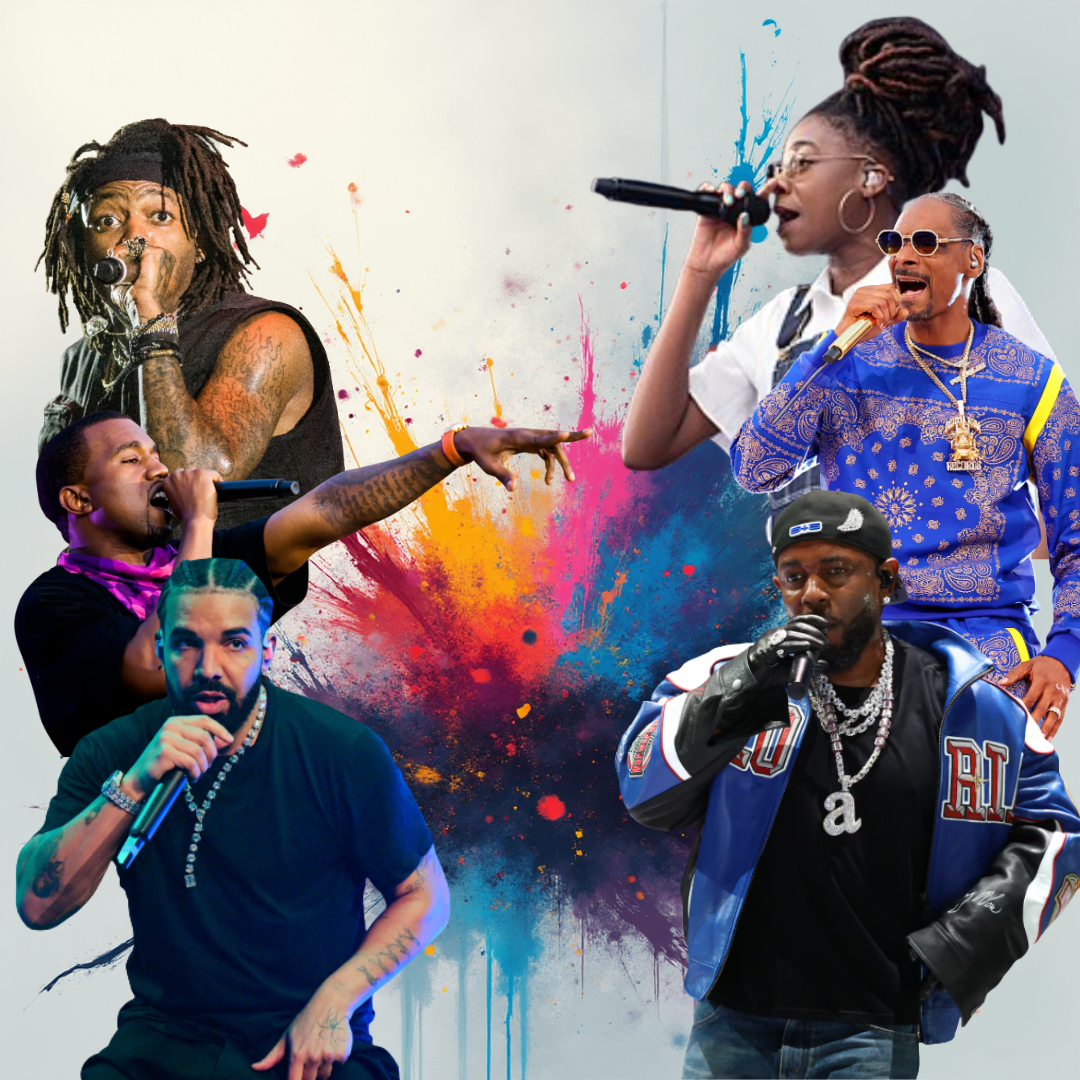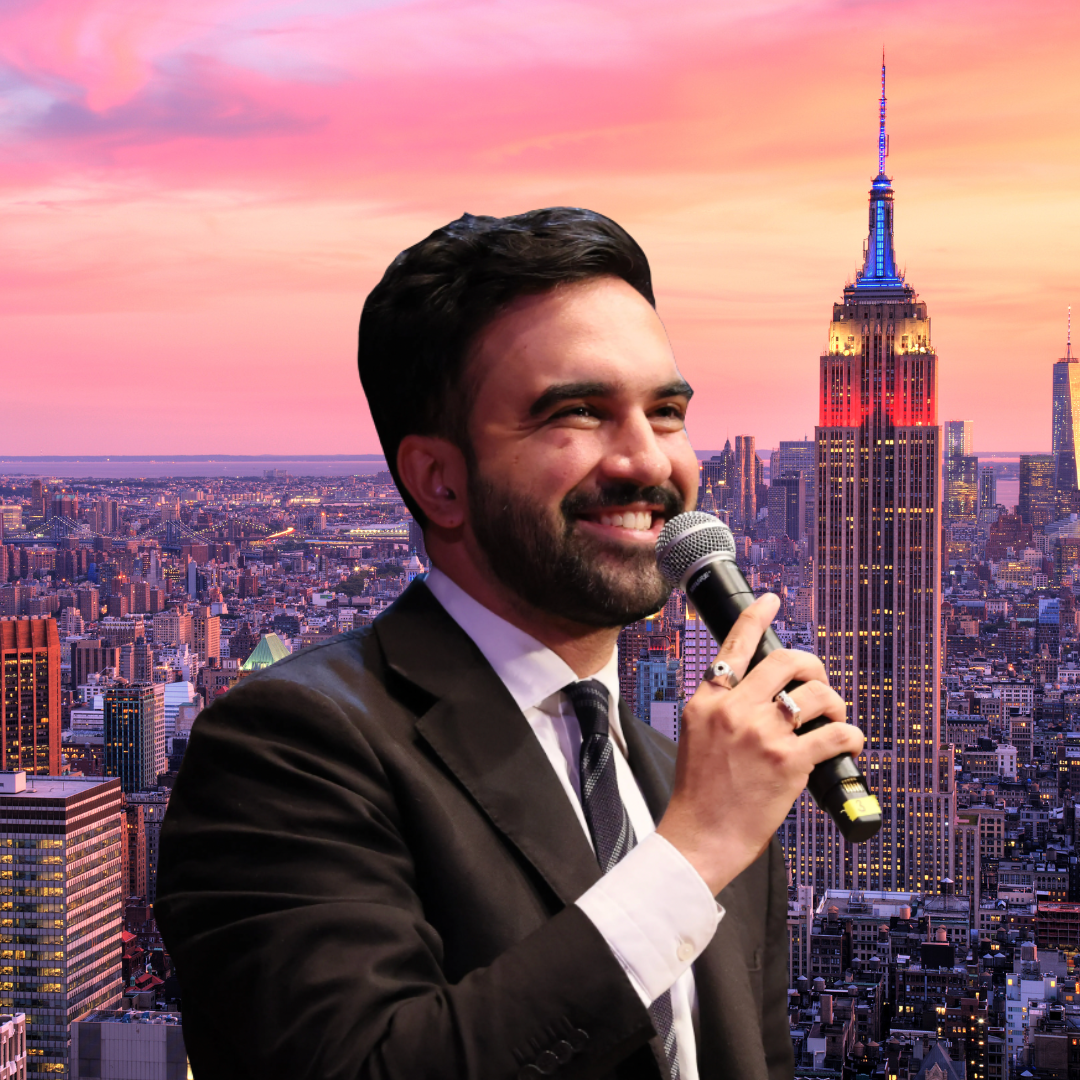Do it for Hip-hop
There is a real conversation around the death of the hip-hop body, but the spirit still lives.
Recently, an op-ed article on Defector written by Jason England decried the death of hip-hop culture. While this has been a trope since at least the mid-aughts (and some would argue the death of the culture had been talked about since the bling era), this particular critique was so stinging because of how truthful it was. In the analysis by the author, it was clear that, in no uncertain terms, not only had hip-hop been bought and sold many moons ago but with it the very means through which Black and Brown people directly circumvented, combatted and thrived outside the formal structures designed to literally erase and consume anyone and anything that did not serve its ends. Their points were razor-sharp and hit the mark line after line. As I read the piece, all I could do was nod my head in agreement, and at the same time shake my head in disgust, realizing Jason laid it all out there — “this is how you get got.” The empire had won, and yet again the work and the livelihoods of people had been compromised. Another weapon against the oppression that we face, has been laid to waste and in fact, very much turned against us. The reading was grim, even if necessary.
If there is one thing hip-hop will always do, even when being read itself, it’s bring attention to what is the most critical of questions to ponder, and also very much bring out the rawest of truths, whether directly or indirectly. The irony is it is doing so even as the 'body' of hip-hop is celebrated, which, after being commodified, infiltrated, reprogrammed, assimilated and hollowed out by forces that like with all Black arts are vampiric in nature, resembles a dead corpse more than a vibrant, living thing. As an artist, an educator and just a lover of a culture that very much informed and introduced me to the counter-ways of thought that guide every aspect of my life today, reading the piece felt like receiving news that a loved one had a terminal illness. There is no coming back from this — the fight is already over.
And in the face of that reality, underneath the cold light of day, there is a spirit that remains. Hip-hop was once seen as a movement. Its origins, as with all Black arts, are rooted in a response to conditions and forces that actively worked to erase, undermine and usurp the very humanity of specific persons and groups. hip-hop’s expression, its craft and its practice created blueprints and strategies to counter that. It forged alliances across many identities to speak directly at and against those forces. It celebrated and created space and in fact TOOK space unapologetically to those ends as well. Until it didn't. Or, depending on your lens and frame, it no longer does en masse.
After processing the piece for a bit, I found myself thinking of a few questions. What makes a movement? What is the next movement? Is it happening somewhere, like hip-hop once did, far removed from the eyes and glare of the systems and structures that will undoubtedly usurp and consume it? Can a movement to counteract the conditions and forces that erase and undermine communities today even happen and genuinely be a threat to those forces? But also, the most painful question is can hip-hop still be, create or support a movement? Can it still collectively be the means, ways, tools and ethos for a community or communities to meaningfully counter these forces, forces that clearly have made the body a zombie?
I don't have the answer to any of these questions, but what I want to believe is that, despite what the hip-hop body has become, its spirit can still live on. When I look beyond the U.S.A. and hear about collectives such as Batallones Femeninos in Juarez who through the practice of the culture are creating responses to gender violence against migrant women by generating safer spaces that reaffirm their humanity, and ways to defend their communities and artistic responses that educate and physically directly defy systemic forces, I see kinship to a spirit and ethos and action that we associate with what hip-hop was en masse, a counterculture that was a direct response to oppression and exclusion.
I think similarly of Lakota emcee and activist Frank Waln doing similar work within his nation, and joining his culture with the tools and ethos as well as the aesthetic of hip-hop to bridge generations and educate the newest generation of the past that came before. Not too unlike hip-hop being the bridge for newer generations of Black and brown folks like myself to their roots of the past. And those are just a couple of the examples among many I can think of.
So while the body is very much dead, and revealing that a collective resistance to all the isms and supremacies, hierarchies, systems and structures that are insurmountable is seemingly futile and near-impossible, I'm still wondering if we have the final answer to all of those questions. While, like in Ishmael Reed’s great story “Mumbo Jumbo,” we are inundated with Negro Androids who speak the language, and know the ways, but pervert them to the ends of their puppet masters, there are people who continue to organize collectively within their community, gathering, producing and coalescing because of and with the ethos of hip-hop very much embedded in their efforts. I may be hoping against hope, but what I do believe is there is work in community, with communities that are informed, energized and inspired by hip-hop, and not simply its aesthetics but its ethos and its ways of being.





